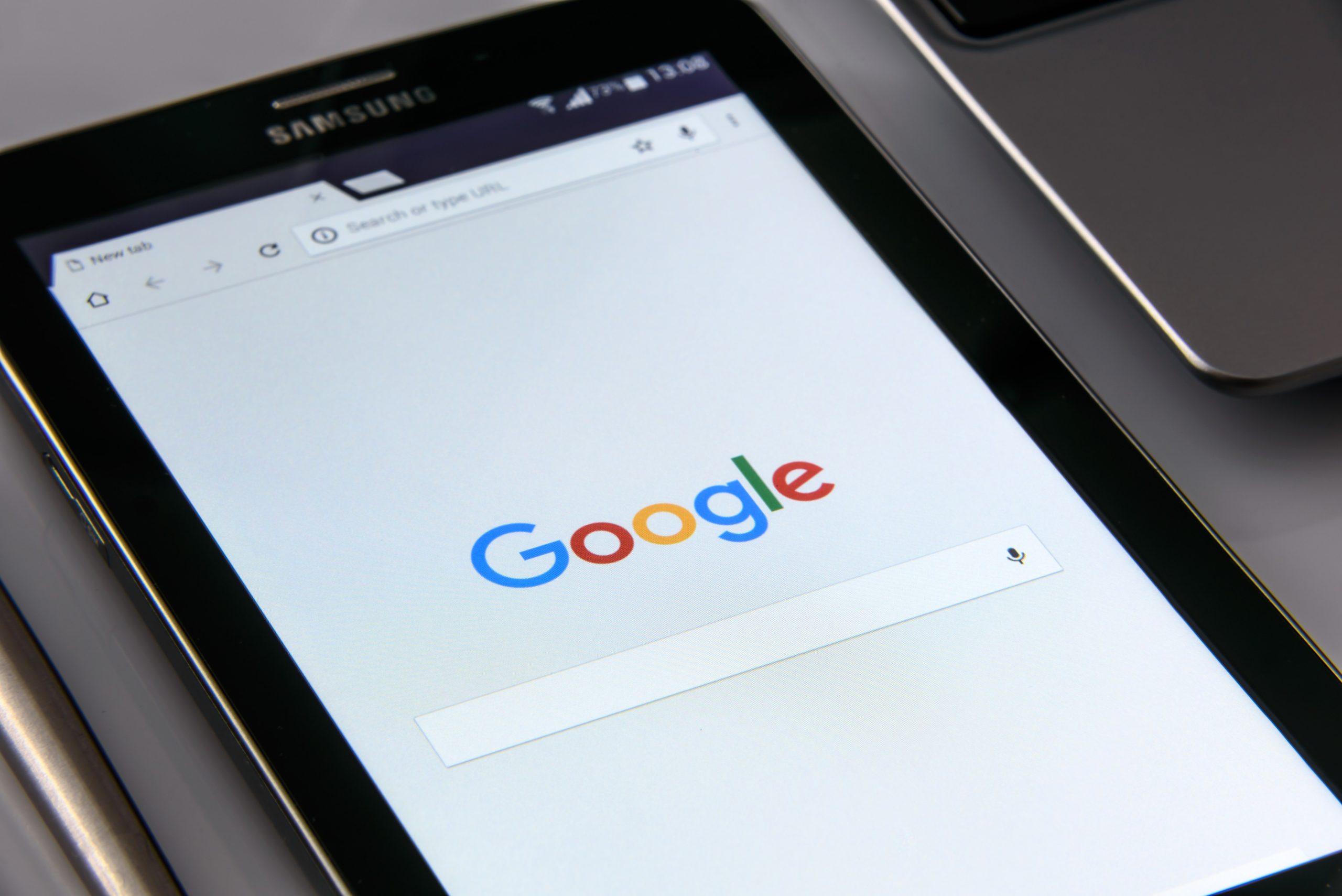What is search engine marketing?
In today’s digital world, marketing has extended far beyond simply posting an on-brand graphic on Instagram or writing a blog post and calling it a day. In order to break through...
Filter by Category

In today’s digital world, marketing has extended far beyond simply posting an on-brand graphic on Instagram or writing a blog post and calling it a day. In order to break through the digital noise and reach your target audience, businesses need to meet their customers where they are on their customer journey.
A robust marketing plan in 2020 requires executing several strategies across a variety of channels, one of those being search engines. Below, we’re breaking down search engine marketing and why it’s a valuable component of your digital marketing strategy.
Search engine marketing (SEM) is a form of paid advertising, specifically for search engine results. To utilize SEM for your business, you can use tools like Google Ads to create targeted ads based on certain keywords that you want to show up for. The ads will then appear in the results of whichever search queries you’re targeting. When you see terms like pay-per-click (PPC) or SERPs (search engine results pages), these are things that fall under the umbrella of SEM.
Businesses of all sizes can find a lot of value in SEM compared to other forms of advertising. The main benefit is the ability to place your business in front of potential customers who are ready to purchase. Because the buyer is already searching for whatever item or service your business provides, they’re bypassing the awareness stage of the buying process. This means that by the time they see your ad in the search results, they’re in the evaluation stage and are ready to consider their purchase options.
Having direct access to consumers during a crucial stage of the buying process makes SEM a much more valuable marketing strategy than other forms of online advertising. While other online advertising avenues, like Facebook ad campaigns can be beneficial for brand awareness, you’re competing for the attention of your customer’s among a sea of other businesses and content. SEM is one of the few ways to actually reach customers when they’re already engaged and are ready to make a purchase.
Before you launch a PPC campaign, one thing to be aware of is click fraud. Click fraud is a technique often used by competitors in which they maliciously click on your ad (or hire a bot to do it) in order to drive up your costs. While this is something that has made advertisers hesitant to use Google Ads, it’s important to know that there are several ways to prevent click fraud. Google has even strengthened their algorithms in order to detect fake clicks or suspicious activity, so it’s not something you need to combat on your own.
As described above, SEM focuses on marketing your business on search engines using paid advertisements. SEO, or Search Engine Optimization, on the other hand, is free and refers to the practice of making your website search-friendly. When it comes to marketing, SEM is a paid strategy while SEO is organic. On their own, each of these is a valuable tool. But in order to execute a strong digital marketing strategy, it’s best to use SEM and SEO in tandem.
Something to keep in mind when considering the differences between SEM and SEO and when to use them is the purpose of each. SEO is part of a long-term strategy. Optimizing your website’s keywords and content is done in an effort to organically appear in the search results, but it takes time to do this. You can increase your chances of appearing organically in search results by consistently producing relevant, high-quality content that will eventually build brand awareness and an audience.
When it comes to reaching potential customers and converting them to buyers, that’s when SEM comes into play. Utilizing paid search ads is a valuable way to directly reach your intended customers. While keywords play a role in both SEO and SEM, they may be used differently, with SEO keywords focused more on content and SEM keywords focused on conversions.
About Sam Lauron: Sam is a freelance lifestyle writer and a copywriter at Swyft, which has been listed as one of the best PR firms in Austin and a top digital marketing agency in Denver since its founding in 2011. Swyft has satellite offices where it offers PR in San Francisco and Houston.

Lately brands have been paying a lot of attention to the measurability of marketing. The goal is simple: find metrics that give an accurate reading on how effective different...

If you’re just starting out, or if you’ve been too busy with other aspects of your business to think about marketing, you may be considering outsourcing your marketing efforts to...